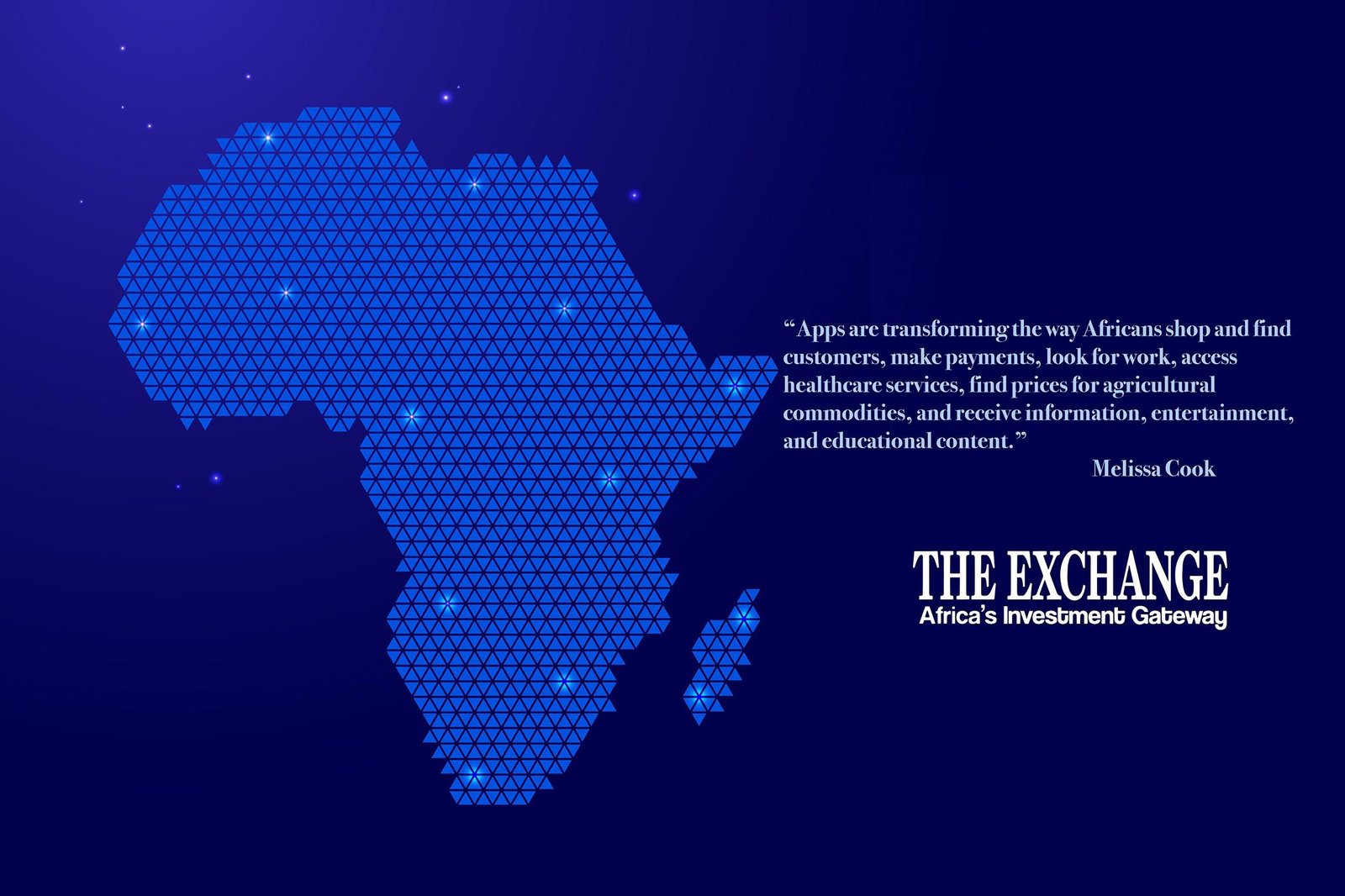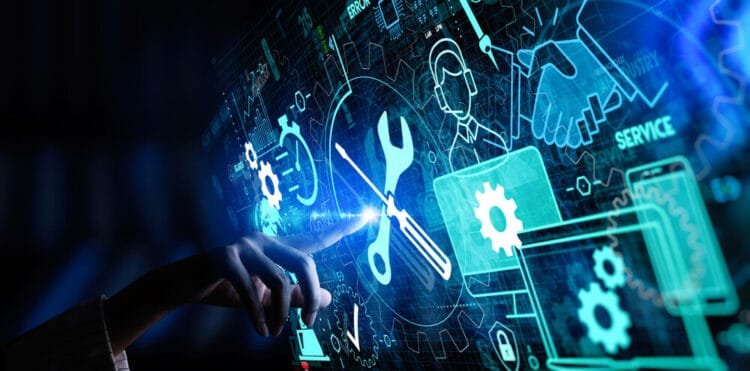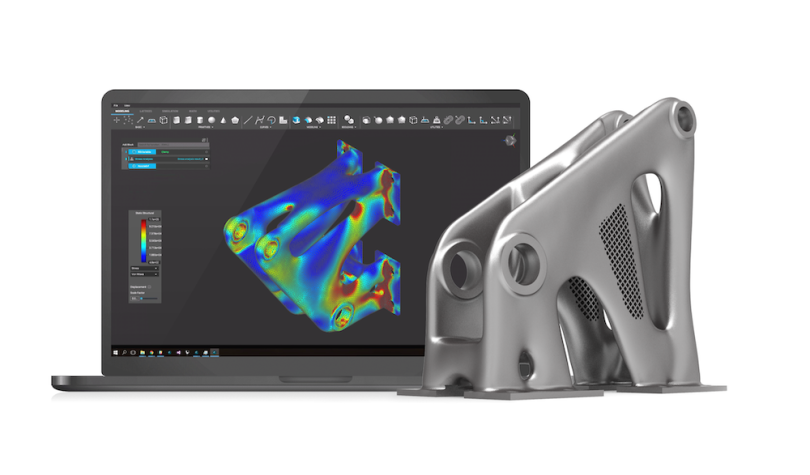Healthtech Heroes: African Innovations Saving Lives
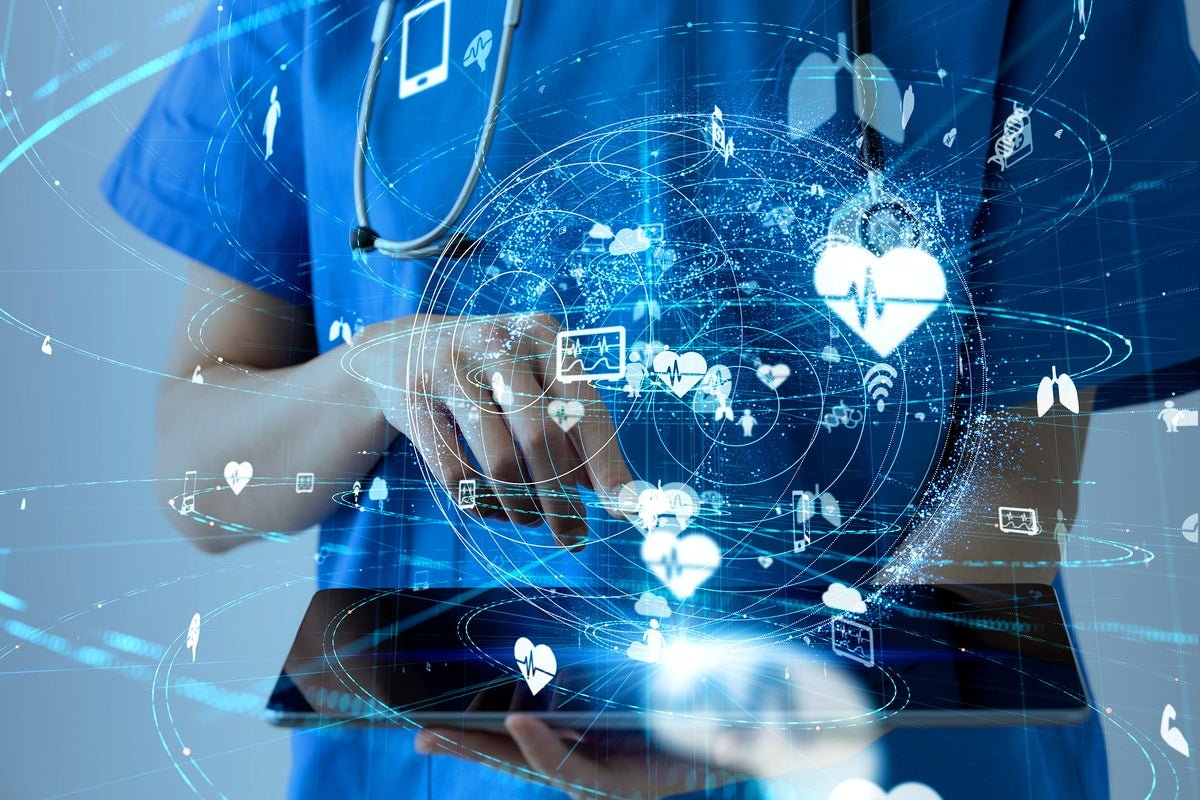
Executive Summary
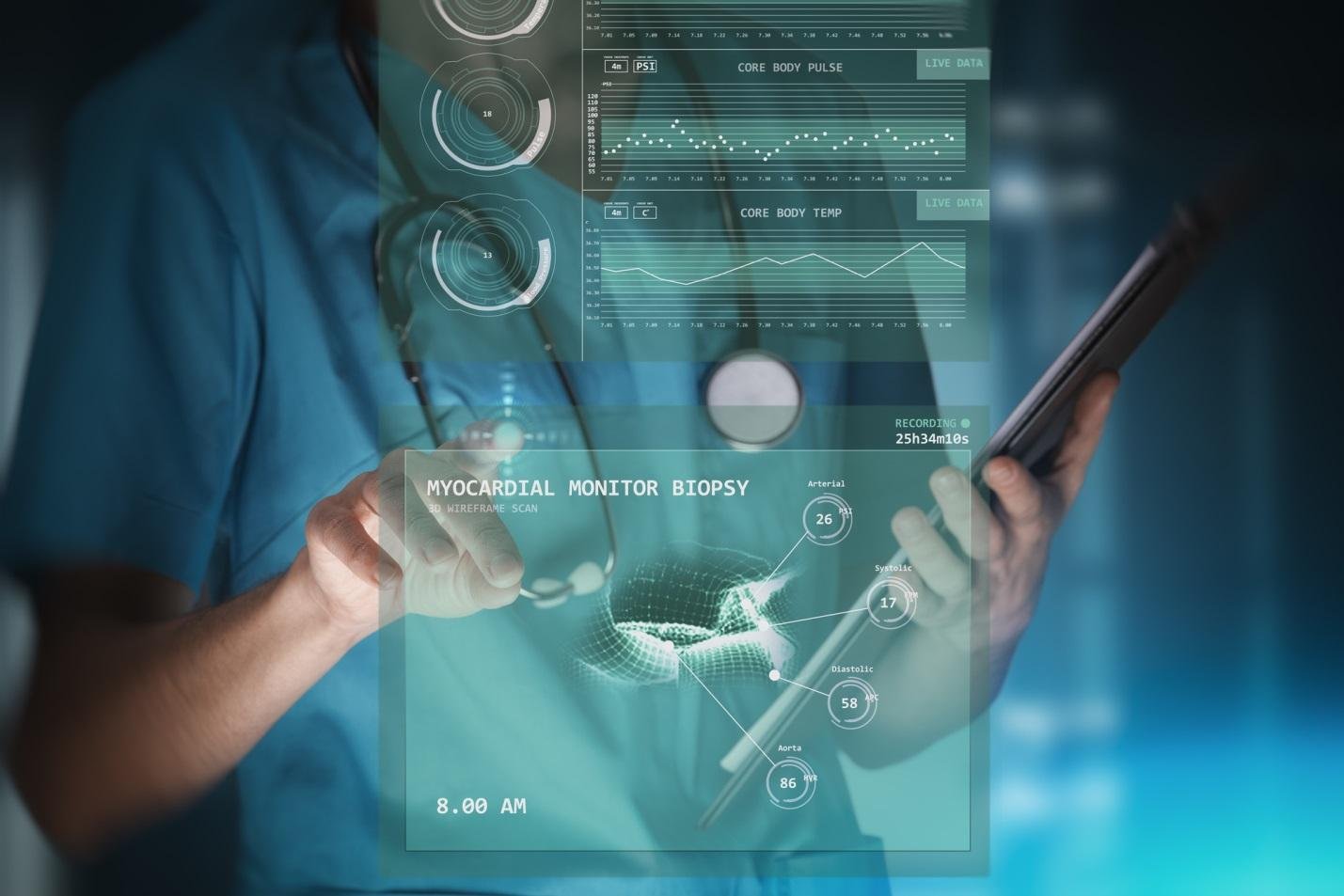
The African continent is home to a wealth of innovative health technologies that are transforming healthcare delivery and saving lives. These innovations address a wide range of health challenges, from chronic diseases to maternal health, and are helping to improve access to affordable, quality healthcare.
Introduction
Health technology, or healthtech, is a rapidly growing field that combines technology and healthcare to improve health outcomes. In Africa, healthtech is playing a crucial role in addressing the continent’s unique healthcare challenges, such as lack of access to healthcare, high costs, and limited infrastructure. African healthtech innovations are developing cost-effective solutions to these challenges, and they are having a significant impact on the lives of millions of people.
FAQs
Q: What are some of the key challenges facing healthcare in Africa?
- Limited access to healthcare facilities and professionals
- High costs of healthcare services
- Lack of infrastructure and resources
Q: How is healthtech addressing these challenges in Africa?
- Providing remote consultations and telemedicine services to reach patients in remote areas
- Developing affordable, low-cost diagnostic and treatment devices
- Using data analytics to improve health outcomes and prevent diseases
Q: What are some examples of successful healthtech innovations in Africa?
- mHealth apps for remote patient monitoring and disease surveillance
- Mobile diagnostic devices for rapid and affordable testing
- Telemedicine platforms connecting patients with healthcare professionals
Subtopics
Telemedicine
Telemedicine refers to the use of technology to provide remote healthcare services. It is particularly beneficial in Africa, where access to healthcare providers is often limited. Telemedicine platforms allow patients to consult with doctors, receive diagnoses, and obtain prescriptions from the comfort of their own homes.
- Remote consultations: Enables patients to access healthcare services from anywhere with an internet connection.
- Real-time medical advice: Provides patients with immediate access to medical advice from qualified doctors.
- Convenience and cost-effectiveness: Eliminates the need for expensive and time-consuming travel to healthcare facilities.
mHealth
mHealth refers to the use of mobile technology to deliver healthcare services. It is particularly effective in Africa, where mobile penetration rates are high but access to healthcare is limited. mHealth apps provide a range of services, including disease surveillance, patient monitoring, and health education.
- Remote patient monitoring: Allows healthcare providers to track patient health data remotely, enabling early detection of complications.
- Disease surveillance: Helps public health officials track the spread of diseases and identify outbreaks in real time.
- Health education: Provides patients and communities with access to accurate and reliable health information.
Mobile Diagnostics
Mobile diagnostic devices are portable and low-cost devices that can be used to test for a variety of diseases. They are particularly useful in Africa, where access to traditional diagnostic facilities is limited. Mobile diagnostic devices can provide quick and accurate results, enabling early detection and treatment of diseases.
- Rapid testing: Allows for quick and accurate diagnosis of diseases, minimizing delays in treatment.
- Point-of-care testing: Enables healthcare providers to deliver diagnostic services in remote or resource-poor settings.
- Affordability: Low-cost devices make diagnostic testing more accessible to patients in low-income communities.
Data Analytics
Data analytics plays a critical role in improving healthcare outcomes and preventing diseases. By analyzing patient data, healthcare providers can identify risk factors, predict potential health problems, and tailor interventions accordingly. Data analytics is particularly useful in Africa, where access to healthcare data is often limited.
- Risk assessment: Identifies individuals at risk of developing certain diseases, enabling targeted prevention strategies.
- Disease prediction: Uses predictive models to forecast disease outbreaks and prepare healthcare systems for potential epidemics.
- Intervention optimization: Helps healthcare providers tailor interventions to specific patient populations, maximizing their impact.
Health Financing
Access to affordable healthcare is a major challenge in Africa. Health financing innovations are developing new and innovative ways to finance healthcare services, making them more accessible to the population. These innovations include micro-health insurance schemes, mobile payment platforms, and crowd-funding initiatives.
- Micro-health insurance: Provides affordable health insurance coverage to low-income individuals and families.
- Mobile payment platforms: Enable patients to pay for healthcare services using their mobile phones, reducing the need for cash payments.
- Crowd-funding initiatives: Raise funds for individuals and communities facing high healthcare costs, providing access to essential treatments.
Conclusion
Healthtech is transforming healthcare delivery in Africa, making it more accessible, affordable, and effective. The innovations described in this article are just a few examples of the many ways that healthtech is improving the lives of millions of people across the continent. As healthtech continues to evolve, it is expected to play an increasingly important role in addressing Africa’s unique healthcare challenges and ensuring that everyone has access to quality healthcare.
Keyword Tags:
- Healthtech
- Africa
- Healthcare
- Innovation
- Telemedicine

